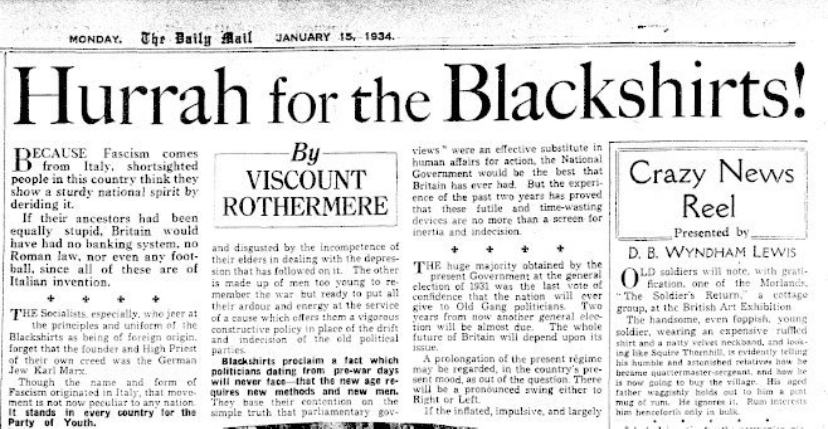Okay, but how much ammunition production does your "Fight through all of Spain to take Gibraltar" plan require? How much steel is being earmarked towards recapitalizing the German vehicle park for that campaign? And how much steel is being earmarked to make the transportation infrastructure in Spain less shitty?Ammunition production not required for the invasion of Russia. A Sealion transport campaign needs 40,000 tons of steel per month.
I've pointed out why Samar is a bad comparison to this situation before. Don't make me do it again, or I will be very cross with you.Traverse time and rate of fire is relative to the firing ship, not just the target ship. A battleship's main guns can and will hit targets, but just like at Samar, they're not going to be any more effective than the lighter calibre weapons, IMO.
Both sides have gas - but one side has an explicit "no first use" policy with gas, and have to carry that gas across in very, very limited transport capacity with very, very limited ability to deliver it. And it's not the Brits.Both sides have gas, don't they? Question on 11 Group - does its job get easier or harder if its bases are being gassed?
Also, how the absolute fuck are the Germans getting within artillery range of the 11th Group's airfields? Sector A and RAF Friston aside, and maybe Sector Y, even 11th Group's airfields are too far away from the landing zones for the Germans to plausibly threaten them. That's three, maybe five of the group's eighteen airfields that could be plausibly threatened. Will that limit the group's operations? Yeah, probably. Enough to be decisive? I doubt it.

